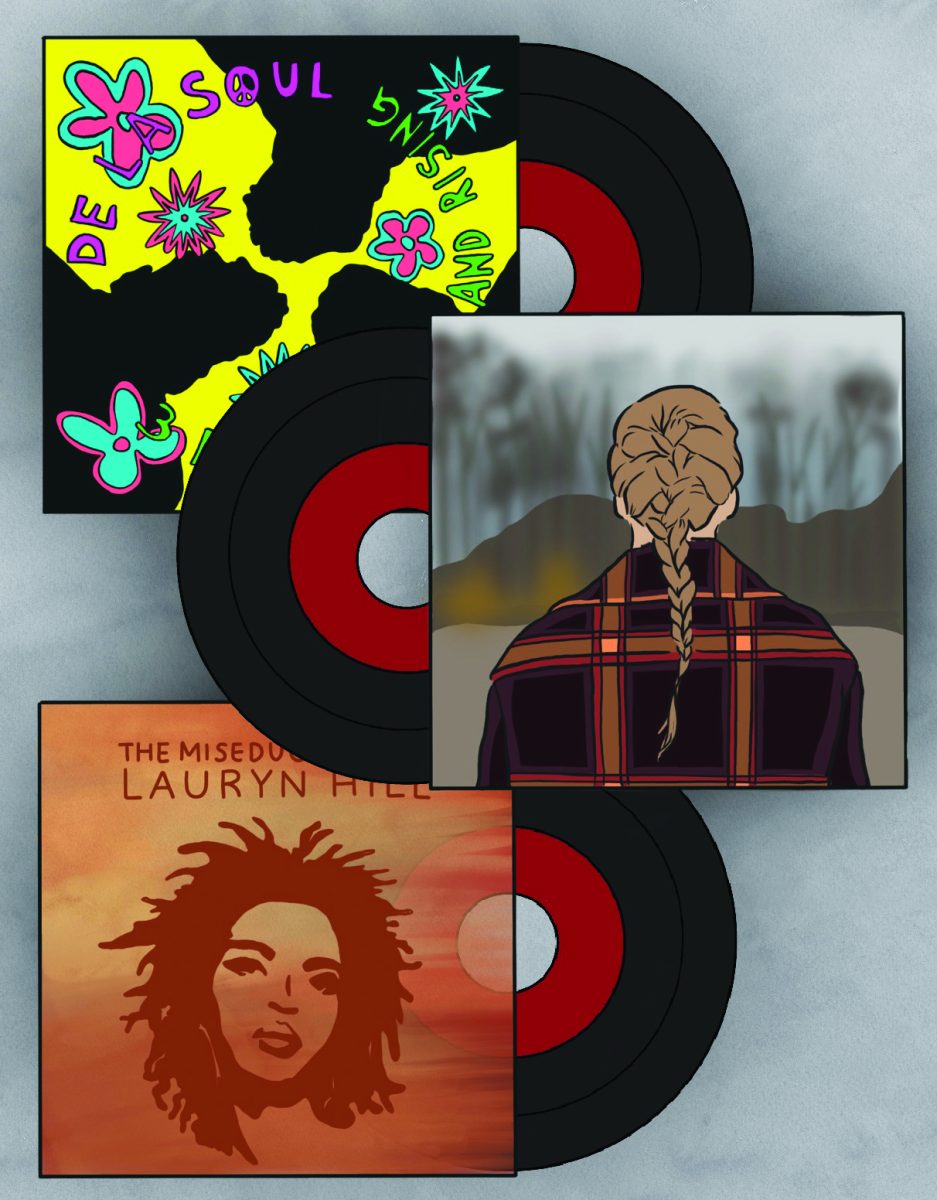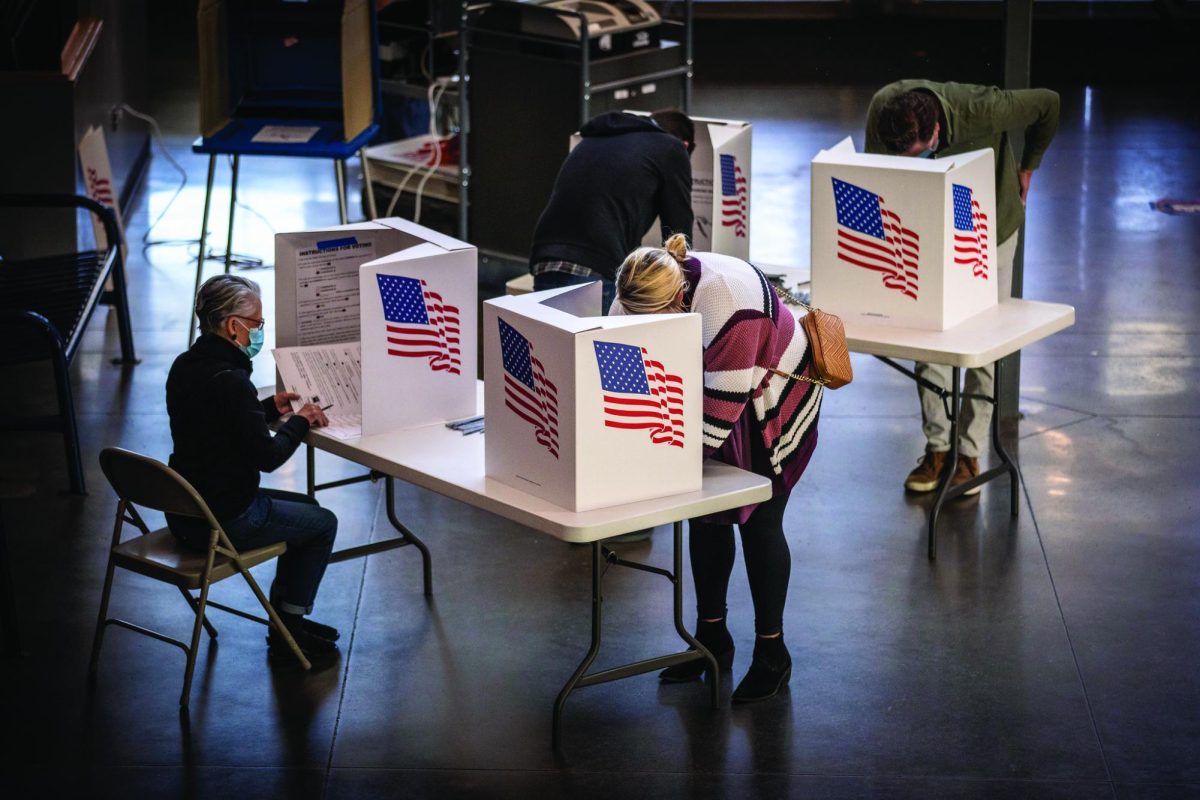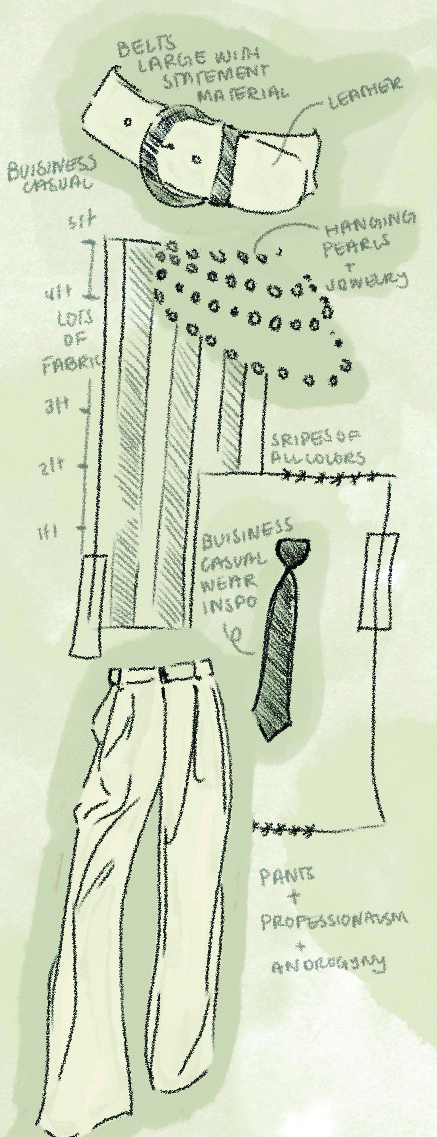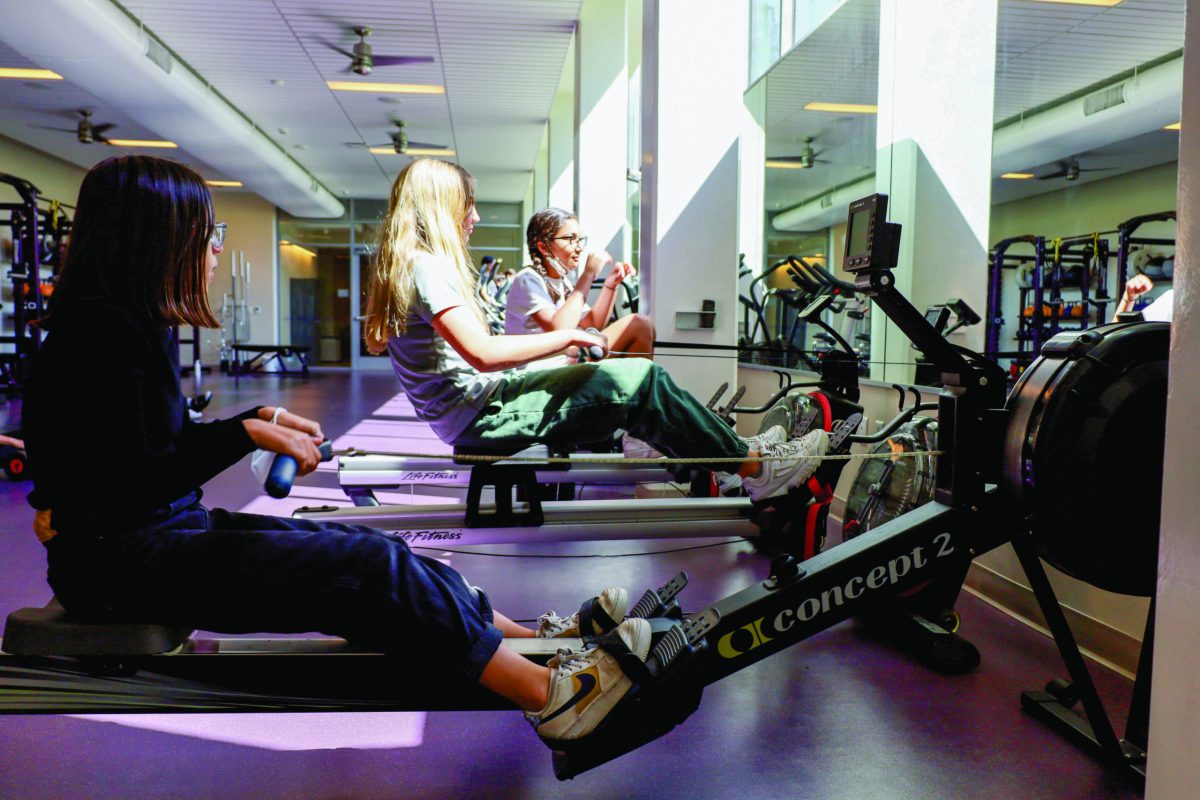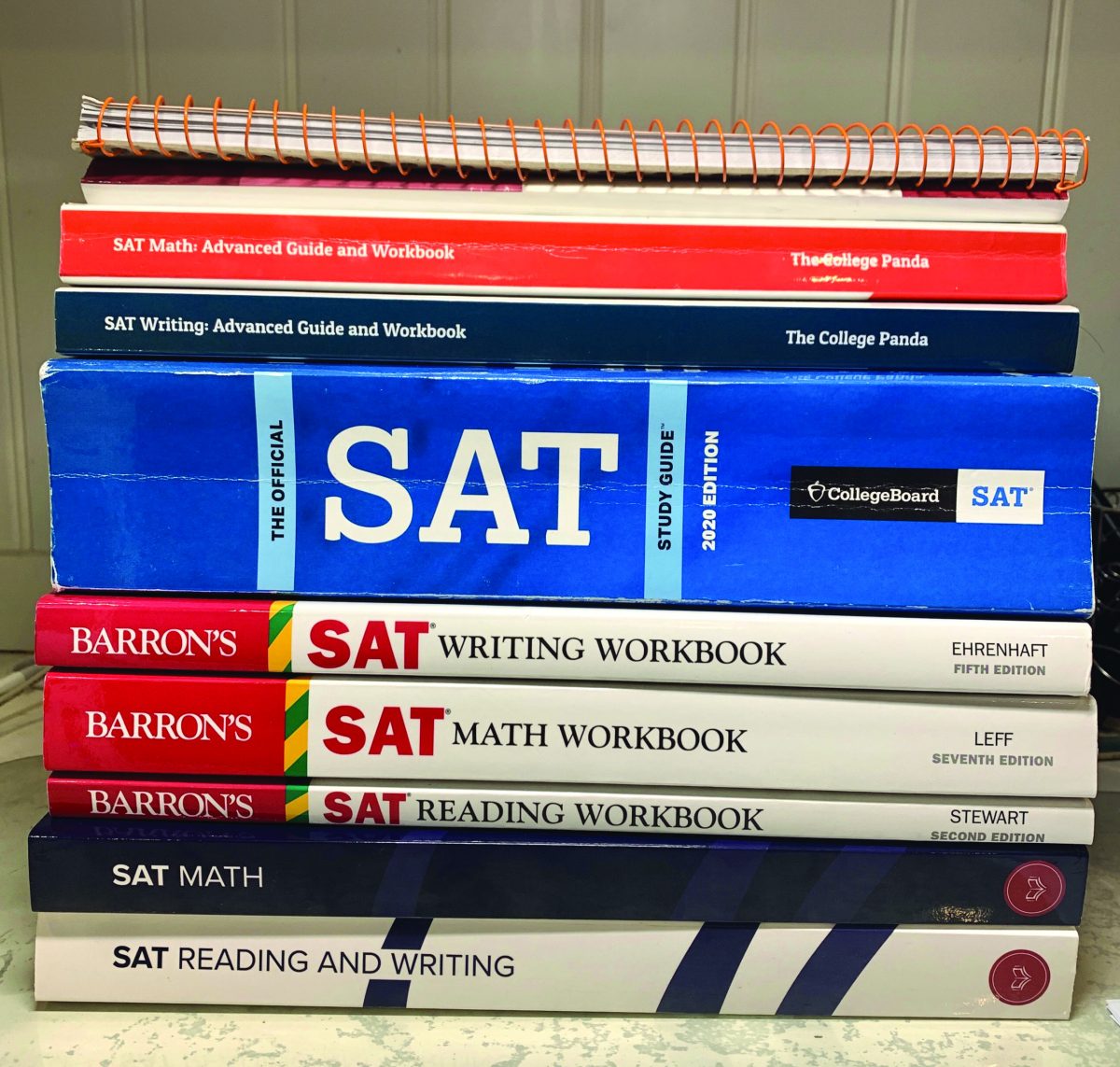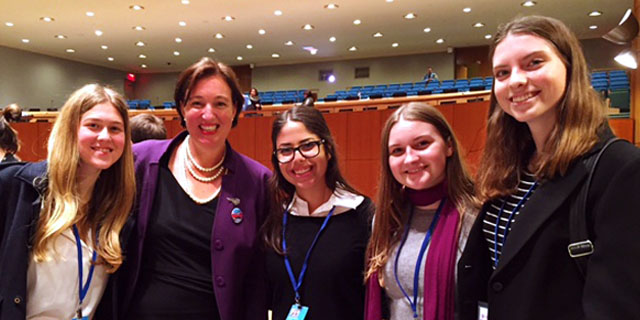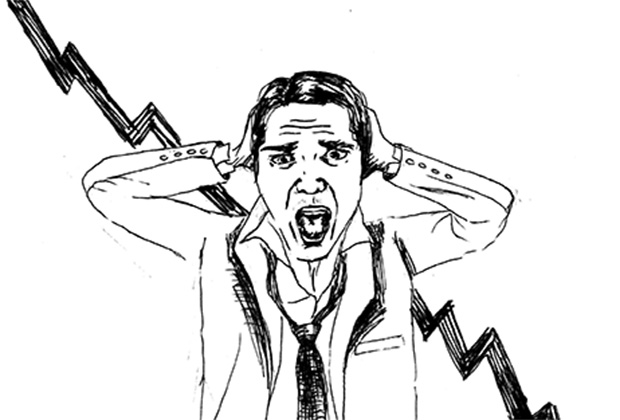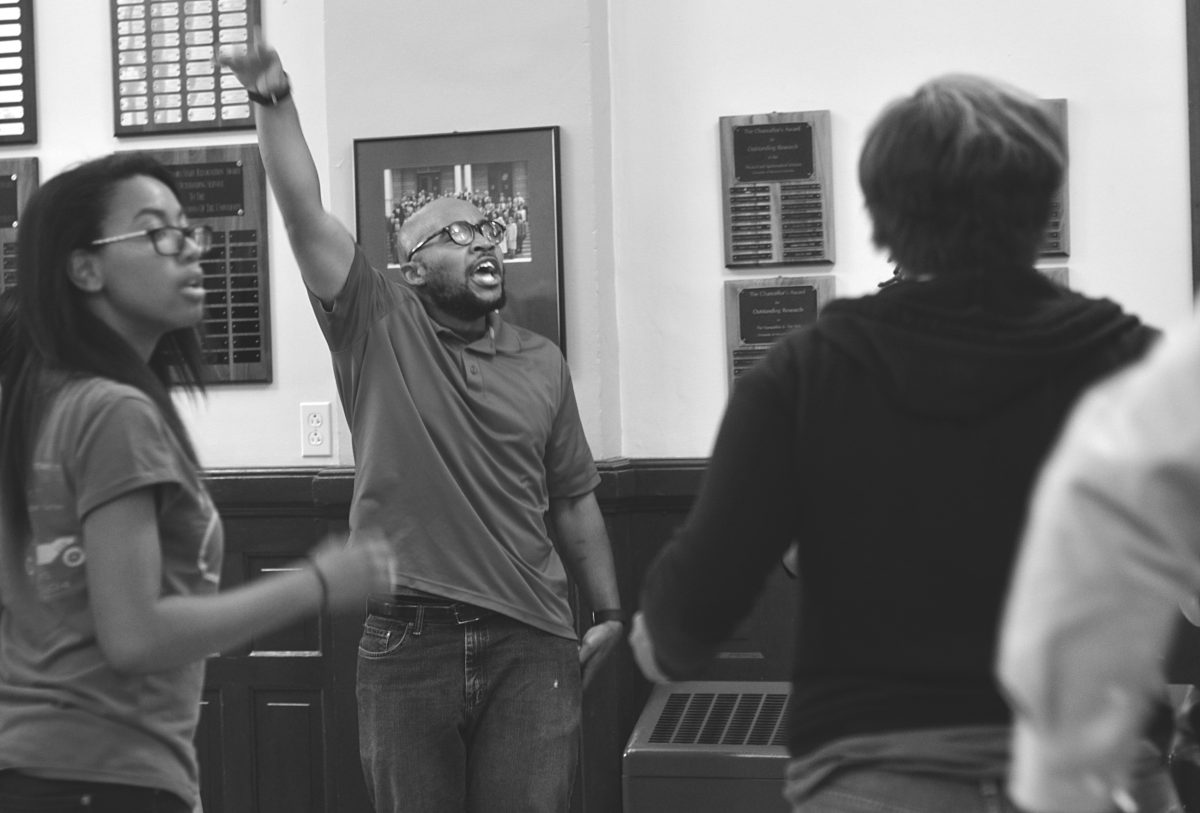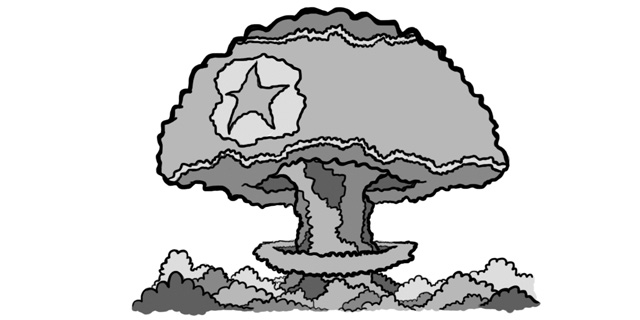
In Turkey’s Mar. 30 local elections, current Prime Minister Recep Tayyip Erdogan’s Justice and Development Party (AKP) won 45% of the people’s vote despite being accused of exhibiting authoritarian tendencies and having been at the center of a corruption scandal in December. Bolstered by this win, Erdogan has hinted that he may run for president in August. These March elections, though local, were greatly anticipated, as many looked to them as a measure of Erdogan’s popularity and a referendum of sorts on the prime minister’s tenure.
There has been controversy over the election results, particularly concerning accusations of rigging in Erdogan’s favor in important regions, since so-far unofficial results show that the leftist secular Republican People’s Party (CHP) secured 28% of votes, lagging far behind AKP’s 45%. AKP also managed to exceed the 38.9% that they won in the 2009 local elections.
Of the three major cities in Turkey, Istanbul, Ankara and Izmir, two re-elected AKP members as mayors: Istanbul, the largest city, and Ankara, the capital. Izmir, the third most populous city, is the most leftist; AKP was predicted to lose there.
Istanbul’s mayoralty has provided Erdogan and AKP with a path to power; Istanbul is home to approximately 15 million people, which is 20% of Turkey’s total population, according to the New York Times. Erdogan used his position as mayor of Istanbul from 1994 to 1996 to leap to his current position as prime minister, which he has held since 2003. Many believe that he will jump from his current position to the presidency.
After December 17 corruption charges, in which audio recordings were released of Erdogan allegedly telling his son to hide a significant sum of money before police raids in a graft inquiry, many hoped Erdogan would fall out of power, but many were severely disappointed.
“I feel so embarrassed in the name of my country to be ruled by these people,” Istanbul resident Meri Boyacioglu said.
Meanwhile, Erdogan has accused the Gulenist movement of fabricating the recordings, and indeed many experts believe that the series of raids that resulted in the arrest of many officials for money laundering and bribery were driven by Gulenists.
The Gulenists were AKP’s allies in its infancy in 2002; however, the two groups had a falling out five years later and have since been involved in a power struggle.
Erdogan dealt a blow against the Gulenists recently when he called for the removal of “crammer schools” that families with means use to prepare students for university exams. His decision is seen as setback for the Gulenists, who own many of the schools and use them to fund the movement.
Erdogan and the AKP have been at odds with the Gulen movement and its leader Islamic scholar Fethullah Gulen, who resides in Pennsylvania.
According to Boyacioglu, Erdogan’s politics are decidedly religious, even though he accepts Turkey’s secular system of government. However, AKP and the Gulen movement, though both Islamic, have different methods and goals. Recently, Erdogan has become more aggressive in commenting on social matters, saying that every family should have three children.
And despite the fact that in Turkey abortion is legal in the first ten weeks of pregnancy, in 2012 Erdogan likened abortion to murder and attempted to outlaw it altogether; however, he was met with protests, and the legislation was taken off the table.
“You don’t say things like this as a prime minister,” Boyacioglu said, explaining that politicians don’t have the right to interfere in citizens’ domestic lives.
Commenting on Erdogan’s recent laws prohibiting the sale of alcohol after 10:00 p.m., Boyacioglu shook her head and said that tourism is one of Turkey’s major industries, and laws that limit alcohol sales put a damper on tourism.
Unrest began a year and a half ago, when the government decided to remove Gezi Park, one of the last green spaces in Istanbul, and began to demolish trees in the area. Erdogan planned to rebuild the Ottoman Military Barracks located in Taksim square and turn them into a shopping mall. Thousands of protesters gathered in Taksim square and surrounding areas and were met with clouds of tear gas; eight protesters were killed in Gezi Park.
Despite the presence of many outspoken left-leaning protestors of AKP’s rule, like Istanbul resident Erdal Yindirim, the working class has tended to support Erdogan since he has significantly improved living standards and has championed traditional religious values.
“Erdogan is [Number] 1,” said Istanbul resident Murat Demer after the polls closed, according to TheStar.com. “Before him, I had no car, no shop, no nothing. Now look outside. There are hotels, there are people from all over the world coming to visit, and the streets are safe and clean,” Demer said.

